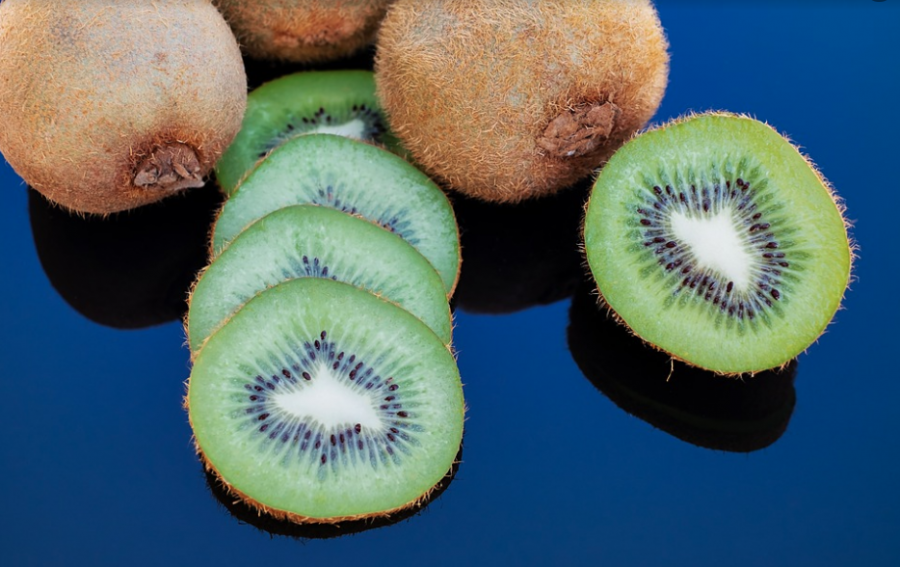Organic may not be good for the environment
There are a myriad of reasons that people might buy organic. Concerns about GMOs, concerns about health, concern about the environment. All of those reasons are valid, right?
Wrong. Though marketing has trained each and every one to think of the shiny and green “Organic” label in the best way possible, sometimes, organic just isn’t the right choice.
If you’re eating organic for the environmental benefits, here’s a few things to keep in mind:
- Eating organic uses more land. Using more land requires just that – more open land. In order to create more agricultural land, deforestation must occur. As a result of deforestation – for agriculture, for housing, for supplies – species run out of resources and ultimately go extinct.
- Organic food leads to water pollution. More fertilizer must be used for the production of more vegetables, fruits and grains. When it rains, the fertilizer gets washed into the water systems, and the organisms there take advantage of the excess nutrients. These nutrients cause plants to absorb more and more dissolved oxygen, until there is nothing left, and those species die.
- Organic vegetable growth uses more energy. Energy is the number one polluting emission in the world, and as a result, should be the number one concern for people concerned about their influence in the environment. Because of the extra travel involved in creating food that meets the requirements for the “Organic” label, creating certain foods, like vegetables, takes more energy and therefore has a negative impact on the environment.
Keep these points in mind next time you go to the grocery store, because your choice may have a significant impact on the environment.
About the Contributor

Melanie White, Photographer
Melanie White is a photographer for “The Tiger Print.” She loves photography, and enjoys riding horses in her free time. This year Melanie plans to...




